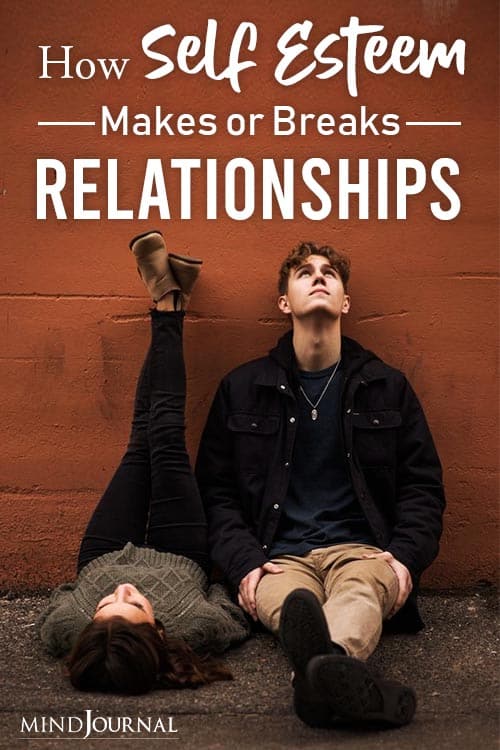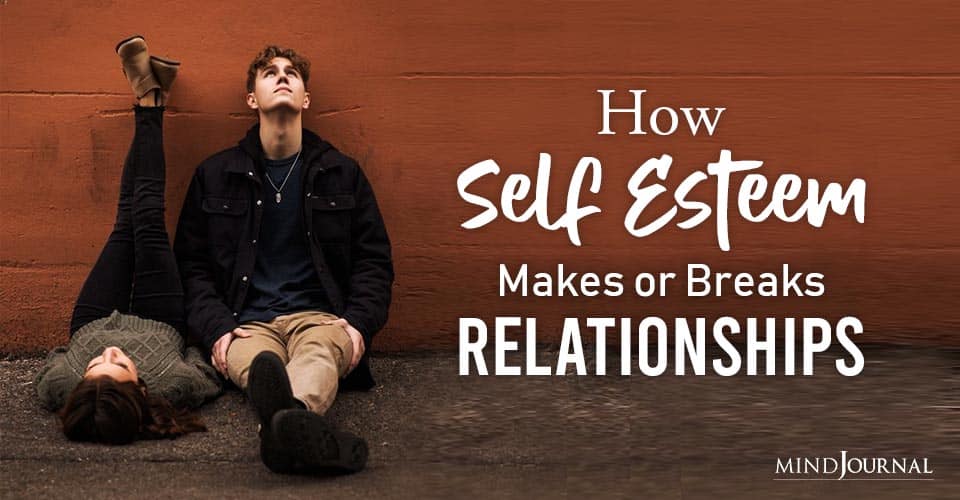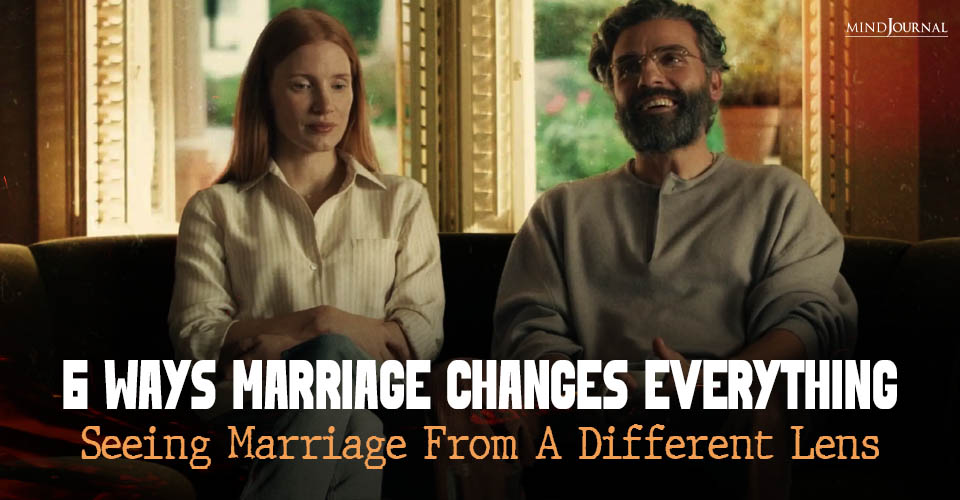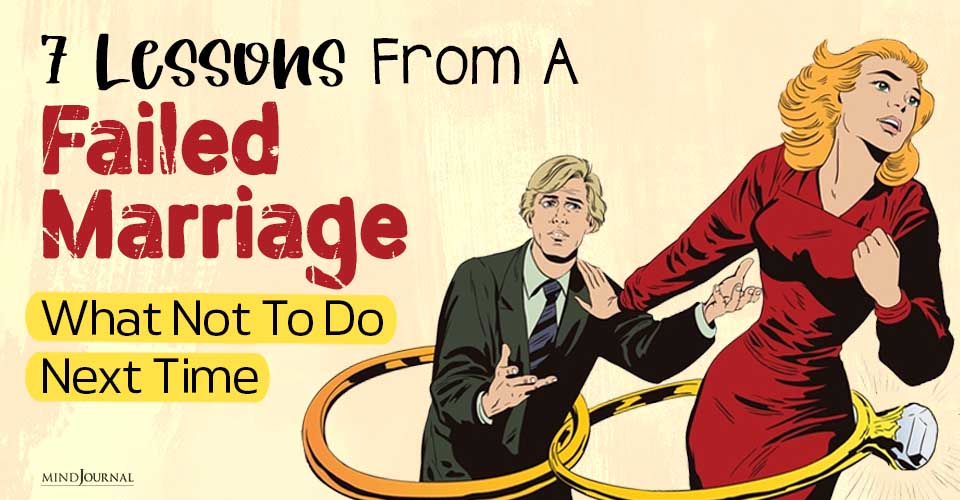Research has well-established the link between good self-esteem and relationship satisfaction. Self-esteem not only affects how we think about ourselves but also how much love we’re able to receive and how we treat others, especially in intimate relationships.
A person’s initial level of self-esteem prior to the relationship predicts partners’ common relationship satisfaction. More specifically, although happiness generally declines slightly over time, this isn’t true for people who enter a relationship with higher levels of self-esteem.
But the steepest decline is for people whose self-esteem was lower, to begin with.[1] Frequently, those relationships don’t last. Even though communication skills, emotionality, and stress all influence a relationship, a person’s past experience, and personality traits affect how these issues are managed and therefore have the greatest bearing on its outcome.[2]
How Self-Esteem Affects Relationships
Self-esteem suffers when you grow up in a dysfunctional family.
Often you don’t have a voice. Your opinions and desires aren’t taken seriously. Parents usually have low self-esteem and are unhappy with each other. They themselves neither have nor model good relationship skills, including cooperation, healthy boundaries, assertiveness, and conflict resolution. They may be abusive, or just indifferent, preoccupied, controlling, interfering, manipulative, or inconsistent. Their children’s feelings and personal traits and needs tend to be shamed.
As a result, a child feels emotionally abandoned and concludes that he or she is at fault–not good enough to be acceptable to both parents. This is how toxic shame becomes internalized. Children feel insecure, anxious, and/or angry. They don’t feel safe to be, to trust, and to like themselves. They grow up codependent with low self-esteem and learn to hide their feelings, walk on eggshells, withdraw, and try to please or become aggressive.
Related: 8 Signs The Man You’re Dating Has Low Self-Esteem and Why You Need To Move On
Attachment style reflects self-esteem
As a result of their insecurity, shame, and impaired attachment style that, to varying degrees, is anxious or avoidant. They develop anxious and avoidant attachment styles and behave like pursuers and distances described in “The Dance of Intimacy.” At the extreme ends, some individuals cannot tolerate either being alone or too close; either one creates intolerable pain.
Anxiety can lead you to sacrifice your needs and please and accommodate your partner. Due to basic insecurity, you’re preoccupied with the relationship and highly attuned to your partner, worrying that he or she wants less closeness. But because you don’t get your needs met, you become unhappy. Adding to this, you take things personally with a negative twist, projecting negative outcomes.
Low self-esteem makes you hide your truth so as not to “make waves,” which compromises real intimacy. You may also be jealous of your partner’s attention to others and call or text frequently, even when asked not to. By repeated attempts to seek reassurance, you unintentionally push your partner away even further. Both of you end up unhappy.
Avoiders, as the term implies, avoid closeness and intimacy through distancing behaviors, such as flirting, making unilateral decisions, addiction, ignoring their partner, or dismissing his or her feelings and needs. This creates tension in the relationship, usually voiced by the anxious partner. Because avoiders are hypervigilant about their partner’s attempts to control or limit their autonomy in any way, they then distance themselves even more. Neither style contributes to satisfying relationships.

Communication reveals self-esteem
Dysfunctional families lack the good communication skills that intimate relationships require. Not only are they important to any relationship, but they also reflect self-esteem. They involve speaking clearly, honestly, concisely, and assertively, and the ability to listen, as well. They require that you know and are able to clearly communicate your needs, wants, and feelings, including the ability to set boundaries. The more intimate the relationship, the more important and more difficult practicing these skills becomes.
Codependents generally have problems with assertiveness. At the same time, they deny their feelings and needs, due to the fact that they were shamed or ignored in their childhood. They also consciously suppress what they think and feel so as not to anger or alienate their partner and risk criticism or emotional abandonment. Instead, they rely on mind-reading, asking questions, caretaking, blaming, lying, criticizing, avoiding problems, or ignoring or controlling their partner.
They learn these strategies from the dysfunctional communication witnessed in their families growing up. But these behaviors are problematic in themselves and can lead to escalating conflict, characterized by attacks, blame, and withdrawal. Walls get erected that block openness, closeness, and happiness. Sometimes, a partner seeks closeness with a third person, threatening the stability of the relationship.
Related: 12 Things A Self-Respecting Woman Should Never Settle For In A Relationship
Boundaries protect self-esteem
Dysfunctional families have dysfunctional boundaries, which get handed down through parents’ behavior and example. They may be controlling, invasive, disrespectful, use their children for their own needs, or project their feelings onto them. This undermines children’s self-esteem. As adults, they too, have dysfunctional boundaries. They have trouble accepting other people’s differences or allowing others’ space, particularly in intimate relationships.
Without boundaries, they can’t say no or protect themselves when necessary and take personally what others say. They tend to feel responsible for others’ stated or imagined feelings, needs, and actions, to which they react, contributing to escalating conflict. Their partner feels that he or she can’t express themselves without triggering a defensive reaction.
Intimacy requires self-esteem
We all have needs for both separateness and individuality as well as for being close and connected. Autonomy requires self-esteem – both necessary in relationships. It’s an ability to stand on your own and trust and motivate yourself. But when you don’t like yourself, you’re in a miserable company spending time alone.
It takes courage to communicate assertively in an intimate relationship—courage that comes with self-acceptance, which enables you to value and honor your feelings and needs and risk criticism or rejection in voicing them. This also means you feel deserving of love and are comfortable receiving it. You wouldn’t waste your time pursuing someone unavailable or push away someone who loved you and met your needs.
Related: 10 Habits That Cause Low Self Esteem And Depression
Solutions
Healing toxic shame from childhood takes working with a skilled therapist; however, shame can be diminished, self-esteem raised, and attachment style changed by altering the way you interact with yourself and others. In fact, self-esteem is learned, which is why I wrote 10 Steps to Self-Esteem and Conquering Shame and Codependency.
Both books contain lots of self-help exercises. Sharing at 12-Step meetings is also very beneficial. Because assertiveness can be learned and also raises self-esteem, I wrote How to Speak Your Mind – Become Assertive and Set Limits, which guides you in learning those skills.
Couples therapy is an ideal way to achieve greater relationship satisfaction. When one partner refuses to participate, it’s nonetheless helpful if one willing partner does. Research confirms that the improved self-esteem of one partner increases relationship satisfaction for both.[3] Often, when only one person enters therapy, the relationship changes for the better, and happiness increases for the couple. If not, the client’s mood improves and he or she is more able to accept the status quo or leave the relationship.
©Darlene Lancer 2016
[1] Lavner, J. A., Bradbury, T. N., & Karney, B. R. (2012). “Incremental change or initial differences? Testing two models of marital deterioration.” Journal of Family Psychology, 26, 606–616.
[2] Bradbury, T. N., & Lavner, J. A. (2012). “How can we improve preventive and educational interventions for intimate relationships?” Behavior Therapy, 43, 113–122.
[3] Erol, Ruth Yasemin; Orth, Ulrich, “Development of self-esteem and relationship satisfaction in couples: Two longitudinal studies.” Developmental Psychology,” 2014, Vol. 50, No. 9, 2291–2303
Written by Darlene Lancer JD, MFT Originally appeared on WhatIsCodependency.com











Leave a Reply